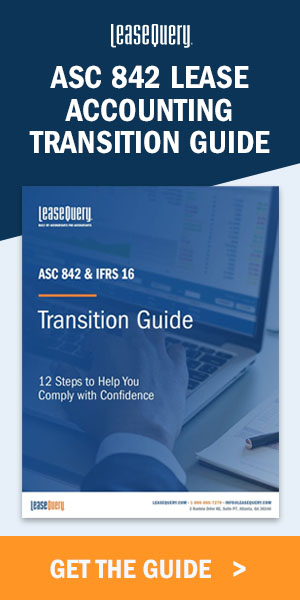This article, "It's Time for Accountants to Embrace Fintech," originally appeared on AccountingWeb.com.
“What comes to mind when you hear the word ‘fintech’?” Michael Ly asked the packed room during his session at the AccountingWEB Live Summit.
Several people shouted out answers. “Intuit Quickbooks!” “Xero!” “Automation!” “Innovating!”
Although fintech – or financial technology that delivers financial services, such as online banking – has been in the consumer space for 10 years, Ly noted it’s made few inroads into the world of SMBs. However, he predicts that will change shortly, if it hasn’t started to already. And many accountants still need to catch up. “What’s Next? Fintech Trends Accountants Should Pay Attention To” was Ly’s contribution to offering a “fintech 101” class to accounting professionals.
Many accountants are concerned they might be rendered obsolete by fintech, while others are interested but not sure what it is or where to start. The history of this technology is illuminating and serves to provide context for where we are today. Fintech has actually been around for about 10 years, even if you didn’t realize it. It focused mostly on consumers and included things like banking apps on your phone, crowdfunding platforms, and apps that help people invest their money. Now, fintech is rapidly expanding, and it’s had a huge impact on the way we do business: Ly predicts that almost every major company will get involved in fintech one way or another in the next few years.
But how did we get here?
In the year 2011, while the United States was still recovering from the 2008 recession and the bursting of the real estate bubble, new businesses began to emerge to meet new needs. These included companies we almost take for granted today, including Uber and Airbnb. At the time, fintech barely existed; it consisted of software applications like Quickbooks Online, which was still in its first interface and which, Ly commented after apologizing to any Intuit employees in the room, barely worked. Then Xero entered the US market and forcibly changed the landscape. The days of only being able to obtain capital by going through traditional channels were coming to an end.
Fast forward to today: There are now 25,000 fintechs worldwide, and that number is growing. With the consumer market conquered, companies are now looking to start reshaping SME financial services. The new developments are still in their “toddler phase,” to quote Ly, and one should expect that many fintechs will be out of business in a year. Furthermore, it’s helpful to note that many business owners are specifically focused on fintech banks, particularly startups. People are especially drawn by the fact that they no longer have to go to their bank at all; in fact, a lot of foreign fintechs are serving the US market.
So, what can accountants expect from fintechs over the next 10 years? First, it’s important to keep in mind we’re currently in a recession, says Ly. That will affect consumers’ buying choices. It will also have an impact on where fintechs choose to concentrate their energy; Ly believes many will start carving out niches. He cited one app that only offered ecommerce inventory financing as an example.
Furthermore, expect hundreds of banks to partner with fintechs to stay relevant. This is a symbiotic relationship: Almost all fintechs are powered by having a partnership with a bank. This allows them to sell to people they otherwise wouldn’t have access to and without hiring a separate sales team.
The takeaway? Fintechs are here to stay, and like it or not, they’ll shape the way accountants do business with their SME clients. It’s time for accounting and finance professionals to adapt to the new normal and advance their knowledge to get ahead and provide clients with the type of help they need in the Digital Age.
The 2022 AccountingWEB Live Summit may be over, but you can join us in 2023! Pre-register today to be the first to know when tickets are on sale. You can find the form at www.accountingweblivesummit.com.



